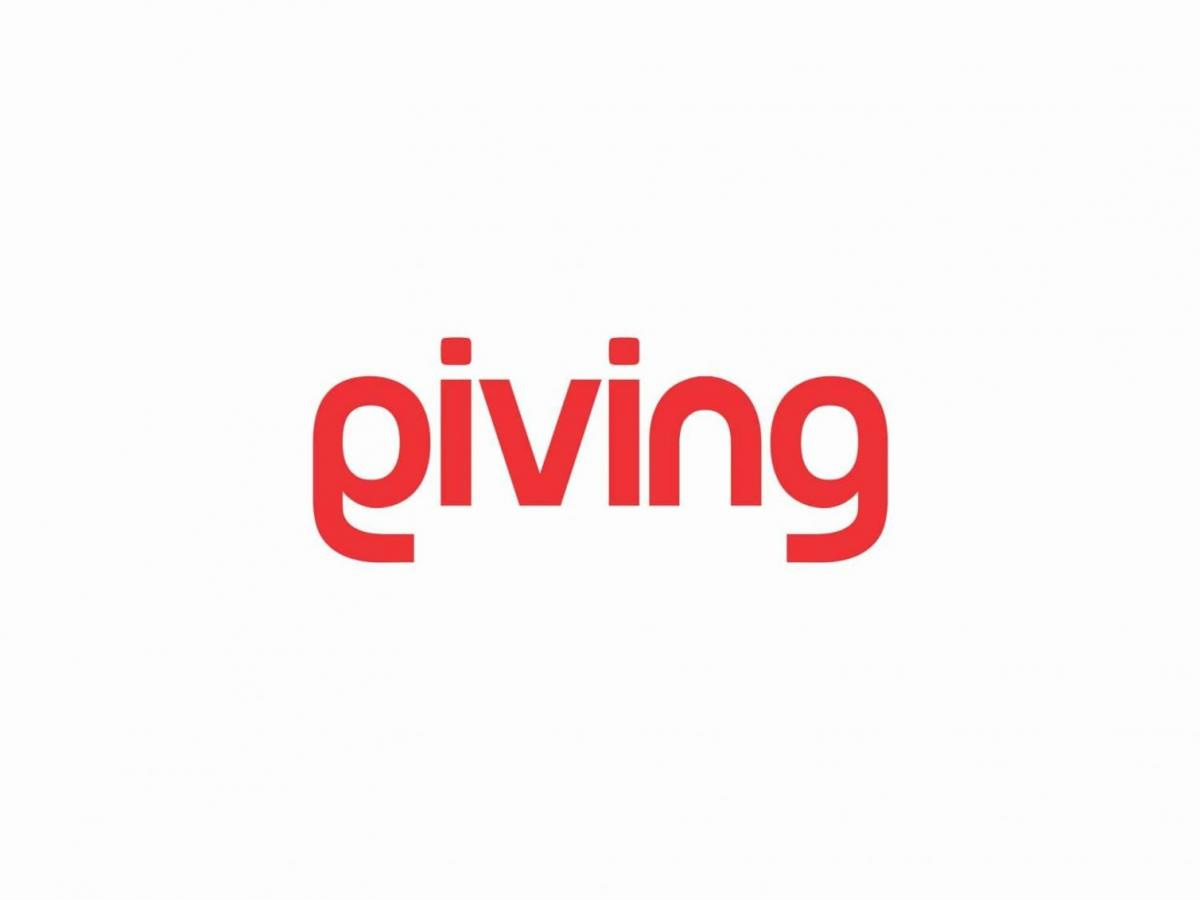The defendants were arraigned on February 13, 2020 on a seven-count charge bordering on conspiracy, obtaining by false pretence, attempt to steal and forgery to the tune of £2,556,000,000 (Two Billion, Five Hundred and Fifty-six Million Pounds).
They, however, pleaded not guilty to all the charges.
One of the counts reads: “That you, Petro Union Oil and Gas Company Limited, Prince Isaac Okpala (now deceased), Abayomi Kukoyi, Prince Kingsley Okpala, Prince Chidi Okpalaeze, Prince Emmanuel Okpalaeze and Princess Gladys Okpalaeze (now at large), on or about 29th December, 1994, within the jurisdiction of this honourable court, fraudulently procured a Barclays Bank cheque dated 29th December, 1994 in the sum of £2,556,000,000.00 (Two Billion, Five Hundred and Fifty- six million Pounds) made payable to Gladstone Kukoyi & Associates, purporting the said cheque to be meant for foreign investment in the construction of three refineries and petrochemical complex in Nigeria, when you knew the said cheque to be false and you thereby committed an offence contrary to Section 1 (2) (a) of the Miscellaneous Offences Act, Laws of the Federation of Nigeria, 1990 and punishable under the same section.”
At the resumed sitting on Wednesday, the eleventh prosecution witness, PW11, Ahmad Sulaiman, an investigator with the EFCC, told the Mohammed Liman that the Commission, sometime in 2005, received a petition dated 19th October, 2004, wherein the petitioner, Prince David Okpala, alleged that a cheque of £2.5Billion was deposited in Union Bank and that the bank refused to release it.
Led in evidence by the prosecution counsel, Rotimi Jacobs, SAN, Sulaiman also told the court that the petitioner claimed that due to the bank’s reluctance to release the said fund, a search was conducted, which revealed that the bank had transferred the sum of £2.159bn from the £2.556bn into the custody of the Central Bank of Nigeria, CBN.
In his further testimony, he said: “Upon receipt of the petition, we invited Isaac Okpala to adopt the petition and he also volunteered statements.
“We wrote letters of investigation to the Central Bank of Nigeria to authenticate the statement and they responded, saying that the account number was incomplete; hence, they could not authenticate such information.
”We wrote to Barclays Bank to confirm if the money was paid and we received a response stating that it was highly unlikely that a genuine cheque would have been written for the said sum.
“During investigation, there was no satisfactory evidence to make us continue with the investigation; so, we wrote to the complainant that there was no evidence.”
“However, sometime in January 2020, the Commission received another petition dated January 16, 2020.
“We invited the complainants to our office. They obliged and made a statement under caution.”
“We used our mutual relationship with the National Crime Agency and wrote a letter of investigation on Gazeaft Ltd.
“We were made to understand that the company, Gazeaft Ltd that allegedly issued the Barclays cheque is no more in existence.
“The investigation revealed that Gazeaft, a foreign company based in London, was dissolved in 1989 and the account of the company has since been closed.”
The prosecution sought to tender the response of the NCA alongside a Digital Versatile Disc, DVD, containing the company’s document and files of Gazeaft Ltd.
Counsel to the defendants, however, objected to the tendering of the evidence on the grounds that the content of the DVD was unknown; hence the witness could not tender it since he didn’t produce it.
In a short ruling, Justice Liman held that the requirement of authentication of a document “can be done by the person through which the document is being tendered.
“The document has been duly authenticated and hereby marked in evidence.”
The Judge, however, ruled that the witness might not be cross-examined on the document until all the defendants had been served copies of the DVD.
Justice Liman adjourned the case to May 24 and 25, 2022 for continuation of trial.








Leave a Reply